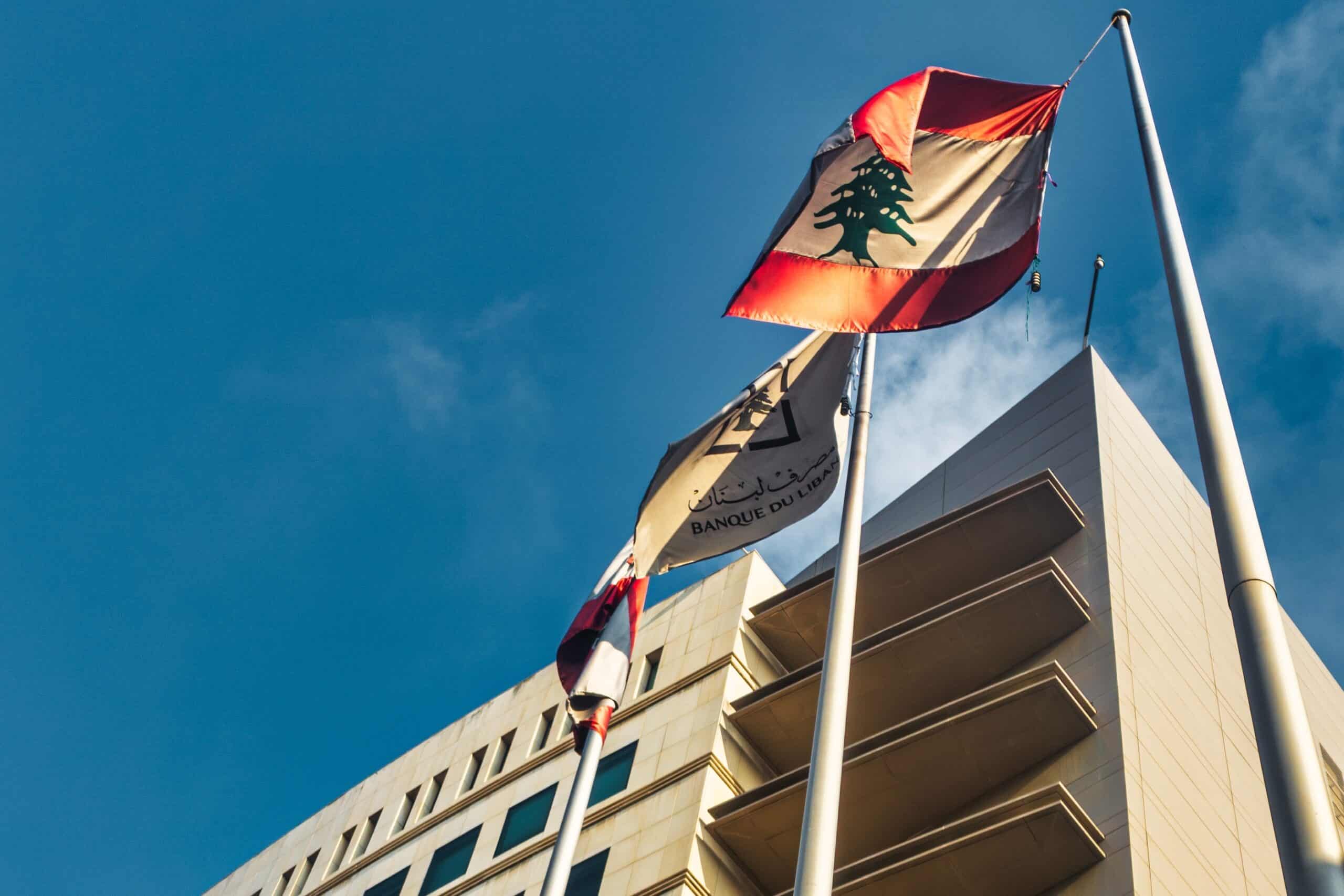Lebanon’s Parliament last month partly lifted banking secrecy laws in a rare move to encourage transparency and revive the nation’s scattered economy.
Since the 2019 financial collapse that brought the war-torn country to its knees, banking sector reform has been a prerequisite for obtaining help from multilateral lending institutions. The new law allows entities, including independent auditors, to directly access banking records from the past decade.
“The banking secrecy bill is a tool,” comments Sibylle Rizk, director of public policies at Kulluna Irada, a Beirut-based think tank. “Now it needs to be used: whether by banking authorities for restructuring the sector, by the judiciary, or by the tax administration.”
Since the 2019 crash, the local currency has dropped 98% in value and most Lebanese cannot access their deposits. Bank losses are estimated at $76 billion, raising the critical question: Who will pay?
Producing an answer that satisfies a multitude of parties now falls partly on Karim Souaid, governor of Banque du Liban since March. Souaid’s nomination was controversial, having allegedly been urged by the banks’ lobby.
On his first day in office, he emphasized the need to “gradually return all bank deposits, starting with small savers.”
But the new governor’s immediate priority must be “to launch banking audits to get an accurate picture of assets and liabilities,” says Rizk. “He also needs to work on a gap resolution framework based on a fair distribution of losses that considers public debt sustainability.” Legal frameworks on bank resolution and loss allocation must be approved by Parliament.
None of these reforms will be easy, she adds, but they are key to unlocking negotiations with the International Monetary Fund, reestablishing the banking sector’s ability to fund economic activity, and taming the cash economy, which has dominated since 2020. Last October, the watchdog Financial Action Task Force (FATF) placed Lebanon on its gray list for money laundering and terrorism financing.
“The Lebanese banking sector must reconnect with the international financial system, rebuild relationships with correspondent banks, regain access to global capital markets, and re-establish credibility,” says Wissam Fattouh, secretary of the Beirut-based Union of Arab Banks.
But to restore their reputation and ensure solvency, Lebanese banks will need new partners. Existing shareholders may increase stakes, but regional and international banks must step in as well.
